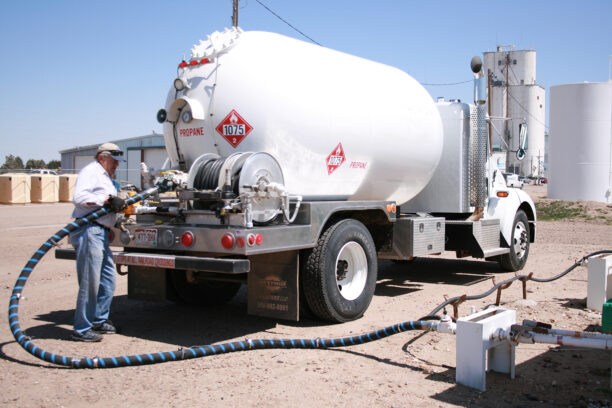When Propane Deliveries Go Wrong – And What You Can Do About It

No propane business wants to talk about delivery mistakes, but almost every company has had them. A tank gets skipped. A driver ends up at the wrong address. A customer runs out of gas because something was overlooked. It’s easy to feel frustrated or even embarrassed when unfortunate things happen, but these moments are more than annoying problems – they’re chances to improve. If you look closely, each mistake tells a story. And those stories can serve to shape better training, better systems, and better service.
Mistakes happen in every type of business. What sets the best propane companies apart from the rest is how they deal with those mistakes, learn from them, and take steps to make sure they don’t happen again. When you use errors to build smarter habits, you end up with a team that grows more reliable over time.
Spotting Where Things Go Wrong
One of the first steps to take after a mistake has been made is figuring out what really happened and exactly where things went off course. Was it a communication issue? A route planning error? Did the driver have the wrong information or miss a note in the system? Finding the root cause means looking beyond who is to blame and asking honest questions.
It’s important to involve both the office staff and delivery drivers in these conversations. Often, drivers have insights into practical challenges that may not be visible from behind a desk. When the whole team helps to look for what went wrong, the solution is usually more complete.
Creating Better Checks and Systems
Many delivery problems can be avoided with better checks in place. Simple tools like route lists, mobile app alerts, or tank level tracking can help your team stay on top of what needs to be done. Mistakes tend to happen when people are rushed or when information is incomplete or scattered.
Look at how you plan your routes, how you update customer notes, and how you train your drivers. Are there gaps in those systems? Are people relying too much on memory instead of written records? Stronger processes don’t just prevent errors – they make the whole job run more smoothly.
Training That Sticks
Once you’ve figured out what went wrong, use it as a teaching moment. Walk your team through the issue in a way that focuses on learning, not punishment. Make it part of your regular safety or service training. People remember real situations more than slides or handbooks.
Regular meetings that focus on actual delivery experiences – both good and bad – can keep learning practical and realistic for your team. It reminds everyone that mistakes aren’t the end of the world, but they do matter and they should be addressed.
Talking with the Customer
When a mistake affects a customer in a negative way, how you respond can either save the relationship or damage it. Don’t delay. Reach out, admit the error, and explain what you’re doing to correct it. Be honest and clear in your communication with them. Most people will appreciate the direct approach, especially if you make it right quickly.
Over time, these open conversations can actually build more trust. They show that your company takes responsibility for their actions and cares enough to improve. That level of attention can transform a frustrated customer into a loyal one.
Making It Part of Your Culture
When learning from mistakes becomes part of your company culture, your whole business gets stronger. Drivers feel more confident. Office staff feel more connected to the field. Customers notice the difference in service. Instead of hiding problems, you’re working as a team to prevent them before they happen.
This mindset helps you adapt better when things change – whether it’s new staff, new systems, or a growing service area. You don’t just hope things go well. Instead, you consistently build solid habits that keep things on track.
Why Small Lessons Make a Big Difference
When you treat delivery mistakes as learning tools, you gain more than just fixes. You build a more reliable, more stable propane business from the inside out. Yes, mistakes shine an unwelcome light on weak spots – but they also point the way toward smarter habits, safer practices, and stronger service. And over time, that steady growth in how you operate leads to more trust, more loyalty, and a better reputation in your community.














